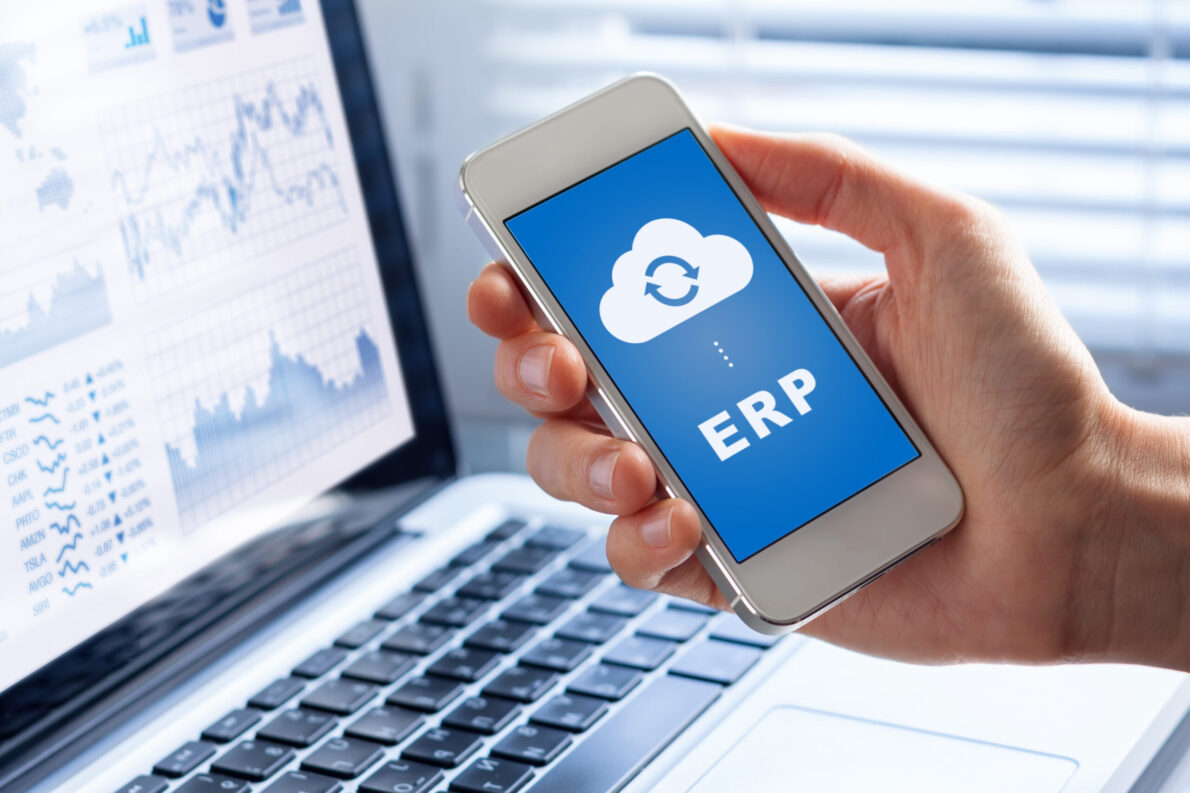What are the Different Types of ERP Systems?

- November 15, 2022
- Jhansi Rani
- 0
Different Types of ERP Systems
Different types of ERP systems are available in the market, making it time-consuming to look through them and find the one that best fits your requirements. We have listed some of the main types into which ERP solutions are classified:
Custom Solutions
Custom ERP systems can be built by an ERP development company of your choice and can be tailored to your specific requirements, industry, or business processes.
Readymade Solutions
A readymade or off-the-shelf ERP solution is a pre-built package with advanced capabilities out-of-the-box, and you can configure it according to your needs.
Cloud Solutions
On-Premises Solutions
On-premise ERP solutions are installed on your servers and hardware. The pricing is determined based on the company size and the number of users, and the entire license cost is paid upfront. You control the system and can customize every aspect of the solution, but you need IT experts to regularly maintain and update your software.
Hybrid Solutions
Hybrid solutions combine different ERP systems, allowing you to modify or enhance your ERP solutions by developing new modules or integrating custom features. You can also opt for a combination of on-premises ERP solutions with a private or public cloud for storage, computing, or networking.
Generic Solutions
Generic enterprise resource planning software provides various functionality for organizations across multiple industries. Generic systems offer sound financial management and accounting tools but offer much for operations. A generic ERP works well as the first system for niche businesses that don’t have specialized processes and typically costs less than industry-specific ERP systems.
Industry-Specific Solutions
Industry-specific ERP solutions are tailored to a niche industry or vertical like manufacturing or distribution. They provide basic modules and tools with additional features suited to a specific sector that generic ERP solutions do not offer. Industry-specific solutions have dedicated features and tools to complete tasks unique to particular industries. You might have to integrate third-party solutions or develop a custom solution from scratch to perform the same functions as a generic solution.
ERP for Small Businesses
Small businesses with less complex operations generally don’t need a full-fledged system with advanced functionality. Moreover, small companies usually have tight budgets and opt for a lightweight ERP that might lack some features or modules but fits the requirement. Cloud-based ERP solutions like Oracle Fusion Cloud ERP are perfect for small companies as they provide the essential tools and features at a lower upfront cost. You do not need a specialized IT team to maintain it, as the vendor manages everything. You can also expand the system and add new functionality whenever your business demands it.
ERP for Midsize Businesses
Midsize companies usually evaluate new ERP solutions when they outgrow their existing disconnected systems. They seek to automate manual processes and improve visibility into operations. Midsize organizations typically don’t require a lot of customization, but those that do should opt for a custom ERP solution. Oracle Fusion Cloud ERP is a good fit for midsize organizations as well.
ERP for Large Enterprises
Large enterprises usually opt for on-premises or hybrid ERP solutions as they offer better control and functionality. They can connect different departments and share information with other teams across locations. Companies with global operations can also standardize their processes and workflows and ensure employee access to the needed databases and tools. Enterprise-level ERP solutions typically have extensive modules, tools, and features that can be customized and extended to meet unique requirements.
Conclusion

Services
Products
Company
Copyright © 2024 Rite Software Solutions & Services LLP. All rights reserved.



